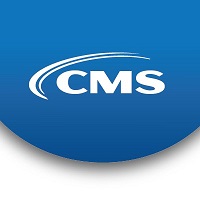 CMS Administrative Simplification includes standards and operating rules for common health care electronic transactions. Widespread use of standards and operating rules for administrative transactions—where everyone uses the same language, format, and codes—can lead to substantial savings across the health care community.
CMS Administrative Simplification includes standards and operating rules for common health care electronic transactions. Widespread use of standards and operating rules for administrative transactions—where everyone uses the same language, format, and codes—can lead to substantial savings across the health care community.
Today, we’ll review two of these common transactions: electronic funds transfer (EFT) and remittance advice (ERA).
Electronic Funds Transfer
Electronic Funds Transfer (EFT) is the electronic transaction health plans use to transfer funds to a provider’s account to pay for health care services. An EFT message includes:
- Amount being paid
- Name and identification of the health plan and provider
- Bank accounts of the health plan and provider
- Routing numbers
- Date of payment
Electronic Remittance Advice
Electronic Remittance Advice (ERA) is the insurance claim payment message sent from a health plan to a provider. It explains how a health plan has adjusted claim charges based on factors like:
- Contract agreements
- Secondary payers
- Benefit coverage
- Copays and co-insurance
Standards and operating rules for EFT and ERA transactions offer many benefits. They can help providers and health plans save time and money by streamlining the payment process, speeding up provider revenue cycles, and automatically posting payments to accounts.
Visit the EFT and ERA section of the CMS Administrative Simplification website to learn more.
